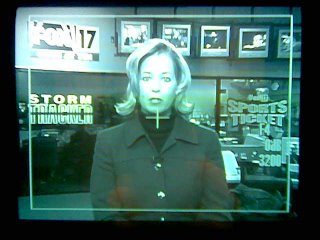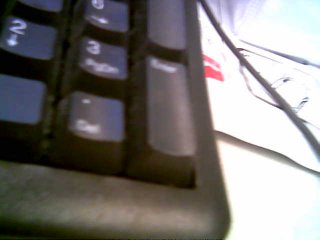In this month's Atlantic appears excerpts of a speech that JFK delivered at Amherst College, memorializing the poet Robert Frost in 1964. The whole speech (including audio) may be found at the link at the bottom of this post, but the Atlantic's editing keeps the best bits. Here it is as it appears there. I post it here in the hopes that it may inspire you as it has me.
A nation reveals itself not only by the men it produces but also by the men it honors, the men it remembers. . .
The men who create power make an indispensable contribution to the nation's greatness, but the men who question power make a contribution just as indispensable, especially when that questioning is disinterested, for they determine whether we use power or power uses us. . .
When power leads man toward arrogance, poetry reminds him of his limitations. When power narrows the areas of man's concern, poetry reminds him of the richness and diversity of his existence. When power corrupts, poetry cleanses, for art establishes the basic human truths which must serve as the touchstones of our judgement. The artist, however faithful to his personal vision of reality, becomes the last champion of the individual mind and sensibility against an intrusive society and an officious state. The great artist is thus a solitary figure. He has, as Frost said, "a lover's quarrel with the world." In pursuing his perceptions of reality he must often sail against the currents of his time. . .
If sometimes our great artists have been the most critical of our society, it is because their sensitivity and their concern for justice, which must motivate any true artist, make them aware that our nation falls short of its highest potential.
I see little of more importance to the future of our country and our civilization than full recognition of the place of the artist. If art is to nourish the roots of culture, society must set the artist free to follow his vision wherever it takes him. . .
In free society art is not a weapon, and it does not belong to the sphere of polemics and ideology. Artists are not engineers of the soul. It may be different elsewhere. But in a democratic society the highest duty of the writer, the composer, the artist, is to remain true to himself and to let the chips fall where they may. In serving his vision of the truth, the artist best serves his nation. . .
I look forward to a great future for America - a future in which our country will match its military strength with our moral strength, its wealth with our wisdom, its power with our purpose.
I look forward to an America which will not be afraid of grace and beauty, which will protect the beauty of our natural environment, which will preserve the great old American houses and squares and parks of our national past, and which will build handsome and balanced cities of the future.
I look forward to an America which will reward achievment in the arts as we reward achievement in business or statecraft.
I look forward to an America which will steadily raise the standards of artistic accomplishment and which will steadily enlarge cultural opportunities for all our citizens.
And I look forward to an America which commands respect throughout the world, not only for its strength but for its civilization as well.
And I look forward to a world which will be safe, not only for democracy and diversity but also for personal distinction.












